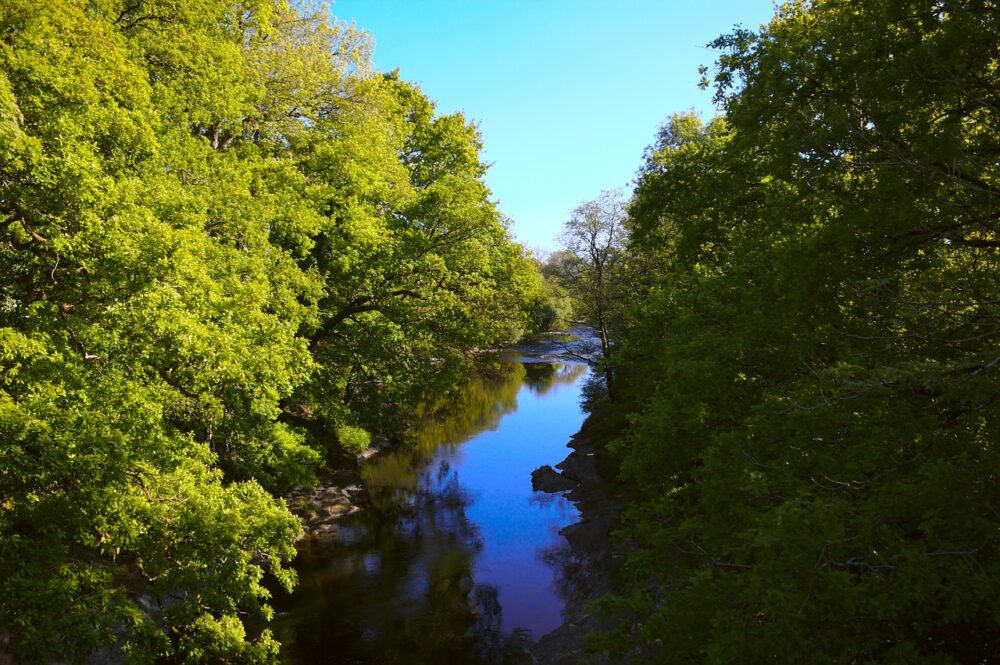Carmarthenshire County Council agrees new waste strategy to achieve recycling targets

CARMARTHENSHIRE County Council is progressing its plans to achieve a 70 per cent recycling rate by 2025 and zero waste by 2050.
The council’s Cabinet has recently agreed a future waste strategy that will support residents to recycle even more without having to leave their homes.
A series of changes will be made to household bin collections over the next three years to increase the county’s recycling rate and reduce its carbon footprint.
As well as making it easier for people to recycle, it will also be a more effective service and aligns with the council’s priorities towards tackling climate change – an issue it is highlighting through Prosiect Zero Sir Gâr – a campaign that puts focus on its work towards becoming a net carbon zero authority.
At the moment, the council provides a weekly food waste collection, along with a fortnightly collection of blue recycling bags and black bags – however, on average, almost half (46%) of the contents in black bags are recyclable.
So, from Spring 2022, fortnightly collections of nappies will be available to residents that need it.
In autumn 2022, the council will begin collecting unlimited blue recycling bags – containing paper, cardboard, plastic and cans – every week alongside weekly food waste collections. Free blue bags, compostable food waste liners and food waste caddies will continue to be provided to every household.
Also, from Autumn ‘22, crews will start collecting glass from the kerbside every three weeks and as a result of the increased recycling provision up to three black bags per household will then be picked up every three weeks.
Residents will also be able to continue the popular paid for garden waste collection service, available between March and November every year as well as take advantage of the low-cost compost bin provision offered which could contribute to further reducing carbon footprint by home composting.
Bigger changes are then planned for 2024 – by which time the council will have renewed its bin lorries to allow even better recycling collections, more of the fleet at this point will be eco- friendly electric vehicles that allow for kerbside sorting.
The council will then be collecting glass, paper, cardboard, cans and plastic, textiles, used batteries and small household appliances from people’s doorsteps, with equipment provided so that the items can be stored and collected separately.
With the increased kerbside recycling available for residents to use there will be very little residual waste to pick up every three weeks.
Cllr Hazel Evans, Cabinet Member for Environment, said: “We want to thank our residents for every effort they are making to reduce, reuse and recycle – everybody’s collective efforts are making a big difference to the amount Carmarthenshire recycles. However, there is more we can do which is why we have agreed changes that will support residents to recycle even more.
“More than 4,000 people took part in a consultation on our future waste strategy, and the majority of people said they wanted to recycle more. We have listened to that feedback, and from next year we will be carrying out separate collections of nappies and glass so that there’s less to put in black bags, and from 2024 will be introducing more changes so that we can work towards achieving a 70 per cent recycling rate by 2025 and zero waste by 2050.”
Cllr Ann Davies, Cabinet Member for Climate Change, said the changes will support the authority’s target of becoming net carbon zero.
“As an authority we are committed to tackling climate change and reducing and offsetting carbon emissions with the aim of becoming net carbon zero by 2030,” she said.
“Through our Prosiect Zero Sir Gâr campaign we are getting everyone involved in helping us reach that target and recycling forms a huge part of that plan. The more we can reduce, reuse and recycle, the better.
“We are also making changes so that our operations leave less of a carbon footprint – for example we have rationalised our routes so that our lorries do less mileage, and we are trialling electric powered lorries to carry out collections in the future.
“These, and other measures, have helped us reduce carbon emissions from our fleet by 19% since 2012/13, but we know there is more work to do.”
- Get involved in Prosiect Zero Sir Gâr and get ideas and inspiration to tackle climate change by visiting www.carmarthenshire.gov.wales/ProsiectZeroSirGar – and start conversations online using #ProsiectZeroSirGar